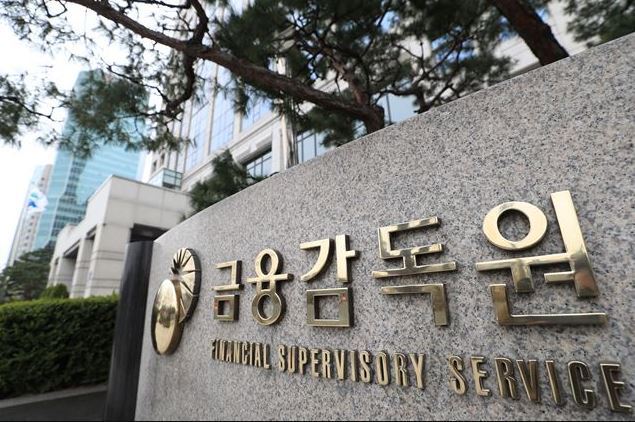South Korea’s insurers are facing a rough year ahead as they have to deal with reinforced surveillance from financial regulators, while still struggling to find new growth drivers amid a dwindling market trend and stricter accounting requirements.
Despite such mounting challenges, however, domestic insurance companies paid out higher dividends to shareholders earlier this year, rekindling controversy as to their management integrity.
 |
Financial Supervisory Service. (Yonhap) |
The Financial Supervisory Service on Wednesday submitted to the Financial Services Commission a proposal on carrying out a “comprehensive audit” on financial companies here, starting as early as April, officials said Thursday.
This will mark the first time in four years for financial regulators to revive the audit system, which had gained notoriety for its high-intensity procedure and consequent level of pressure exerted on companies.
Responding to protests against what companies viewed as excessive regulations and abuse of regulatory power, the FSS modified the action plan this year to an “incentive-compatible” model, narrowing the range of audit targets and expanding the level of incentives offered to outstanding performers, officials said.
In the past, FSS audits were carried out on all financial players on a regular basis -- every two years for banks and three to five years for insurers and brokerage houses -- but according to the latest proposal, it would henceforth only involve companies that have failed to meet the basis evaluation standard.
Despite the apparently relaxed rules, the incoming audits have weighed down on insurers, especially Samsung Life Insurance, the insuring arm of Samsung Group and the nation’s largest insurer in both assets and sales.
At the heart of the tension between the market watchdog and insurance circles was the issue of immediate annuity.
As of end-January, the number of civil petitions pending at the FSS on the agenda stood at 1,700, and the estimated amount payable exceeded 1 trillion won ($889 million), of which 400 billion won is seen as attributable to Samsung Life Insurance, according to FSS data.
Meanwhile, FSS Gov. Yoon Suk-heun has recently signaled the intention to tighten the grip over the insurance market by appointing insurance compliance officials to key posts in an extensive personnel reshuffle earlier this month.
Such signals coming from regulators have added to recent profit falls and a prolonged market slump.
Tongyang Life Insurance saw a 71 percent on-year drop in its net profits for 2018, while larger rivals such as Mirae Asset Life Insurance and Hanwha Life Insurance also marked a 54 percent on-year fall and 35 percent fall, respectively. Nonghyup Life Insurance faced 114.1 billion won in deficits, down 234 percent from the previous year.
Key indemnity insurers have also reeled under double-digit profit falls, reflecting the general economic slowdown and increased insurance fees.
The incoming adoption of the International Financial Reporting Standards, or IFRS 17, has also been forcing insurers to renew their business portfolio so as to meet the reinforced accounting rules.
Ironically, a number of insurers expanded their dividend payout ratio earlier this year, citing the need to protect shareholders’ rights and defend their stock prices.
In the case of Orange Life Insurance, the new insuring arm of Shinhan Financial Group saw its yearly net profits shrink by almost 10 percent in 2018, but its payout ratio reached a record-high level of 68.5 percent.
“(Insurers) should care more about the volume of their debts as there is now little time left until the new debt evaluation system takes effect,” said Cho Young-hyun, a researcher at the Korea Insurance Research Institute.
By Bae Hyun-jung (
tellme@heraldcorp.com)








